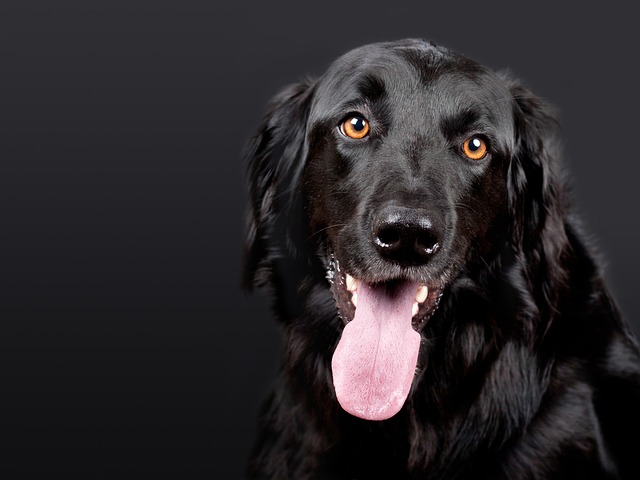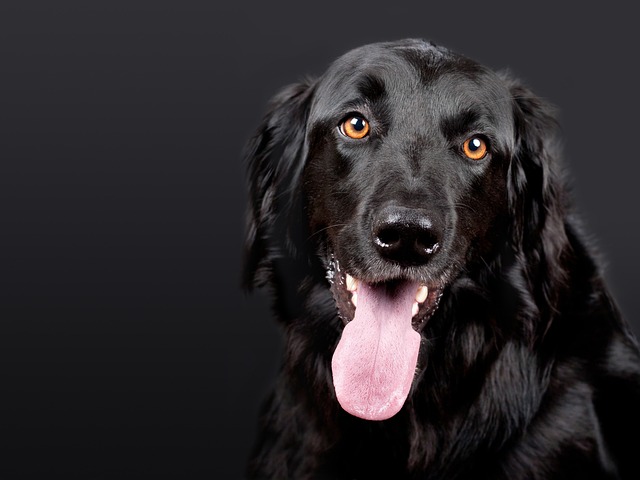
What are the complications of Cushing's disease in dogs?
Cushing's disease in dogs often flies under the radar until subtle symptoms snowball into bigger issues, and many owners don’t realize how it can ripple through their pet’s health.
When your dog starts coughing more than usual or seems to struggle with every breath, it’s easy to feel worried—and for good reason. Respiratory issues in dogs can range from mild colds to serious conditions like pneumonia, and acting fast is key. First, keep an eye on their daily habits: are they eating less? Avoiding their favorite walks? These small changes often signal something’s off, so don’t brush them off as just a “lazy day.”
Never try to treat your dog with human meds—things like cough syrup or painkillers can be toxic and even deadly. Instead, schedule a vet visit right away. Most vets will run tests like X-rays or blood work to figure out the cause, and they’ll prescribe dog-specific meds that are safe and effective. While following the vet’s plan, make your home a cozy recovery space: keep the temperature steady (not too hot or cold), offer plenty of fresh water, and skip intense playtime until they’re back to their energetic selves.
 It’s also crucial to stay on top of local pet laws while caring for a sick dog. Many areas require updated vaccinations, and some even have rules about keeping sick pets away from public spaces like dog parks to prevent the spread of illness. If your vet diagnoses a contagious condition, be sure to follow those guidelines—breaking them could lead to fines, and more importantly, it puts other dogs at risk. This isn’t just about following rules; it’s about being a responsible member of your local pet community.
It’s also crucial to stay on top of local pet laws while caring for a sick dog. Many areas require updated vaccinations, and some even have rules about keeping sick pets away from public spaces like dog parks to prevent the spread of illness. If your vet diagnoses a contagious condition, be sure to follow those guidelines—breaking them could lead to fines, and more importantly, it puts other dogs at risk. This isn’t just about following rules; it’s about being a responsible member of your local pet community.
Prevention goes a long way in avoiding future respiratory issues, too. Regular vet check-ups can catch early signs of trouble before they get worse, and keeping up with vaccines (like the one for kennel cough) is a must, especially if your dog spends time around other pups. When it’s cold or polluted outside, limit their time outdoors—cold air and smoke can irritate their airways, making them more prone to sickness. Small steps like these help keep their respiratory system healthy for years.
Watching your dog deal with respiratory issues can be stressful, but with the right care and attention, most recover fully. Remember to rely on your vet for guidance, follow local pet laws to keep everyone safe, and stay observant of your dog’s habits—they can’t tell you when they’re hurting, so it’s up to you to notice. Before you know it, your dog will be back to chasing balls, snuggling on the couch, and enjoying all the little joys of being a happy, healthy pup.

Cushing's disease in dogs often flies under the radar until subtle symptoms snowball into bigger issues, and many owners don’t realize how it can ripple through their pet’s health.

I stood with my friend Jake in a Denver pet store last weekend, where he held two bags of dog food—one labeled “grain-free” for $80, the other with whole wheat for half the price

I stood with my friend Carlos in his Phoenix driveway last July, panic rising as his 4-year-old Golden Retriever, Buddy, collapsed on the concrete

Itchy skin in dogs often gets brushed off as a minor annoyance, but it can signal underlying vitamin gaps. One common culprit is vitamin A deficiency—this nutrient keeps skin cells healthy and helps maintain the outer protective layer.

I sat with my friend Sarah on her Portland apartment floor last week, watching her 2-year-old Poodle mix, Milo, scratch his belly until the fur turned patchy

When your dog starts coughing more than usual or seems to struggle with every breath, it’s easy to feel worried—and for good reason.